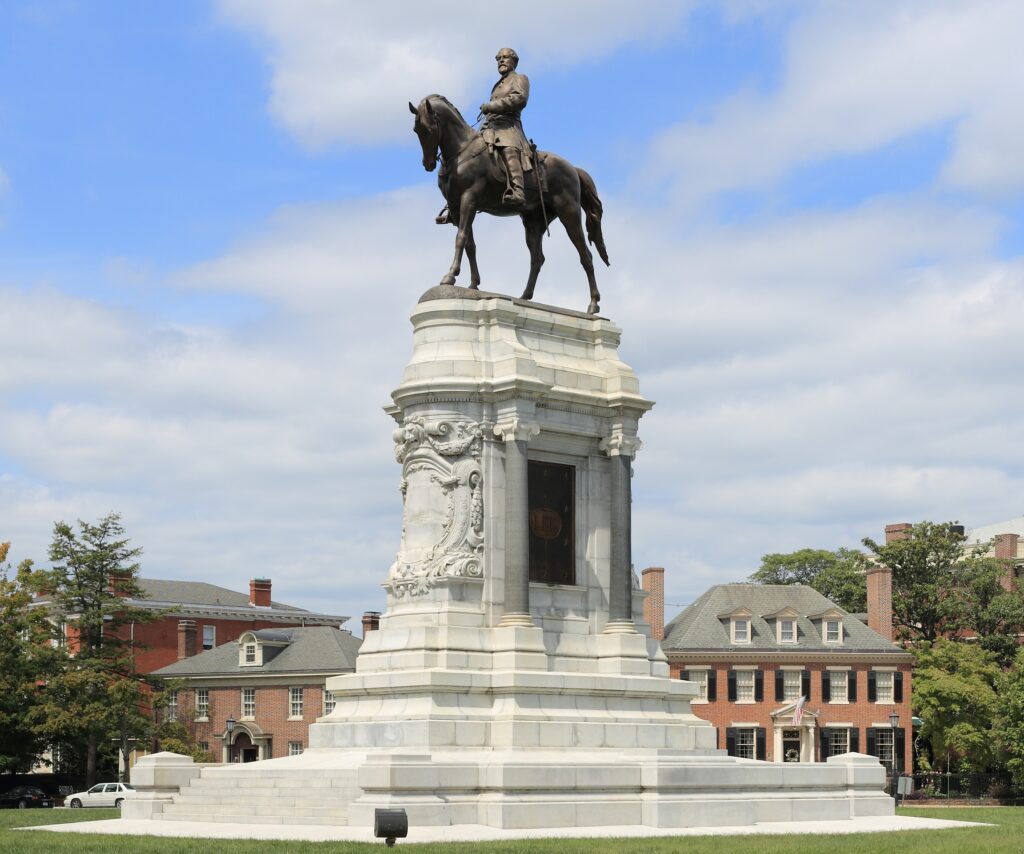As you probably know, the big news in Virginia politics this week, are the texts that Jay Jones, candidate for attorney general, sent to Delegate Carrie Coyner back in 2022, discussing basically the murder of former House of Delegates Speaker Todd Gilbert and Gilbert’s children.
I know Jay Jones. It’s hard for me to believe that he wrote this even as a joke. I don’t understand it. He’s apologized. But, you know, the fact that it entered his head at all is problematic, much less that he put it in a text.
It goes without saying that wishing political opponents and their children dead over a policy disagreement is way outside the bounds of acceptable political discourse, even as a joke or a suggestion that “if they only suffer from their own policies, they might change their minds.”
We can and should do better. And yes, as both an expression of a thought that political violence has a place in policy disputes and as a demonstration of very, very poor judgment – the kind of poor judgement no one wants to see in an attorney general – disqualifies him. His rhetoric disqualifies him. But let’s take a step back and talk a little bit about political violence more broadly.
Yes, assassination certainly counts as political violence and is indeed perhaps the ultimate example. We should work to convince people that Charlie Kirk was wrong on the merits of his policy ideas and even his religion. Simply murdering him without warning violates our most fundamental values and ethics. It’s immoral, plain and simple.
That said, the America we know today was constructed on a foundation of political violence, starting with forced migration of Africans as slaves. The Boston Tea Party, the American Revolution, genocide against the indigenous peoples who lived here before Europeans arrived, and the attempt by the slave states to protect and expand the right to own human beings as property are all examples of political violence in our history.
Political violence continued after the Civil War in the form of Black Codes, Jim Crow, sundown towns, redlining, and other efforts to suppress the political power of outgroups. Our history is one long thread of political violence, mostly against the weak and defenseless, and mostly justified by those in power as necessary.
Today, ICE raids and the deployment of military forces to American cities look an awful lot like political violence designed to continue the suppression of groups and individuals seen by those in power as illegitimate political actors. The difference between the assassination of Kirk, or Jones’s rhetoric of murdered opponents is that, in this case, it’s agents of the State committing the political violence in our name.
Agents of the State invade apartment buildings. Agents of the state detain Americans without warrants or any kind of probable cause.
Agents of the state kidnap children in Chicago, some of them naked, and held them for no reason on the pretense of searching for gang members who were not there.
Agents of the state detain people, some of them American citizens, almost all of them lawful residents following the law and deport them to foreign prisons where they cannot apply for redress of this unlawful detention and deportation.
Agents of the state occupy cities on the false pretense of reducing crime where local governments have quite effectively reduced it without their assistance, and who have not asked for that assistance. We know they do this under false pretenses because they end up picking up trash, not fighting crime.
Now, for those of you who may have forgotten, these were key elements of the Founders’ grievances against the British Crown in 1776.
Quoting the Declaration of Independence:
“For transporting us beyond seas to be tried for pretended offenses:
He has kept among us in times of peace, standing armies without the consent of our legislatures:
For quartering large bodies of armed troops among us:
For protecting them by a mock trial from punishment for any murders which they should commit on the inhabitants of these states:”
For all the caterwauling by Jason Miyares, his running mate Winsome Sears, and Governor Youngkin about Jones’s violent political rhetoric, they all support political violence as long as it’s committed by agents of the state controlled by their Party.
Jones would push back against this. Miyares will not.
For this reason, although I believe Jones is not qualified by temperament or judgment to serve as Virginia’s Attorney General, I believe Miyares’ support for Trump and the anti-democratic Republican Party makes him even less qualified.
I therefore plan to vote for Jones and urge my fellow Virginians to do the same.
Once elected, I would then urge Jones to resign and allow the General Assembly to select his replacement. If Republicans control the legislature after the election, they can appoint Jason Miyares.
That’s my two cents on this subject, and that’s probably all I’m ever going to say about it again.





